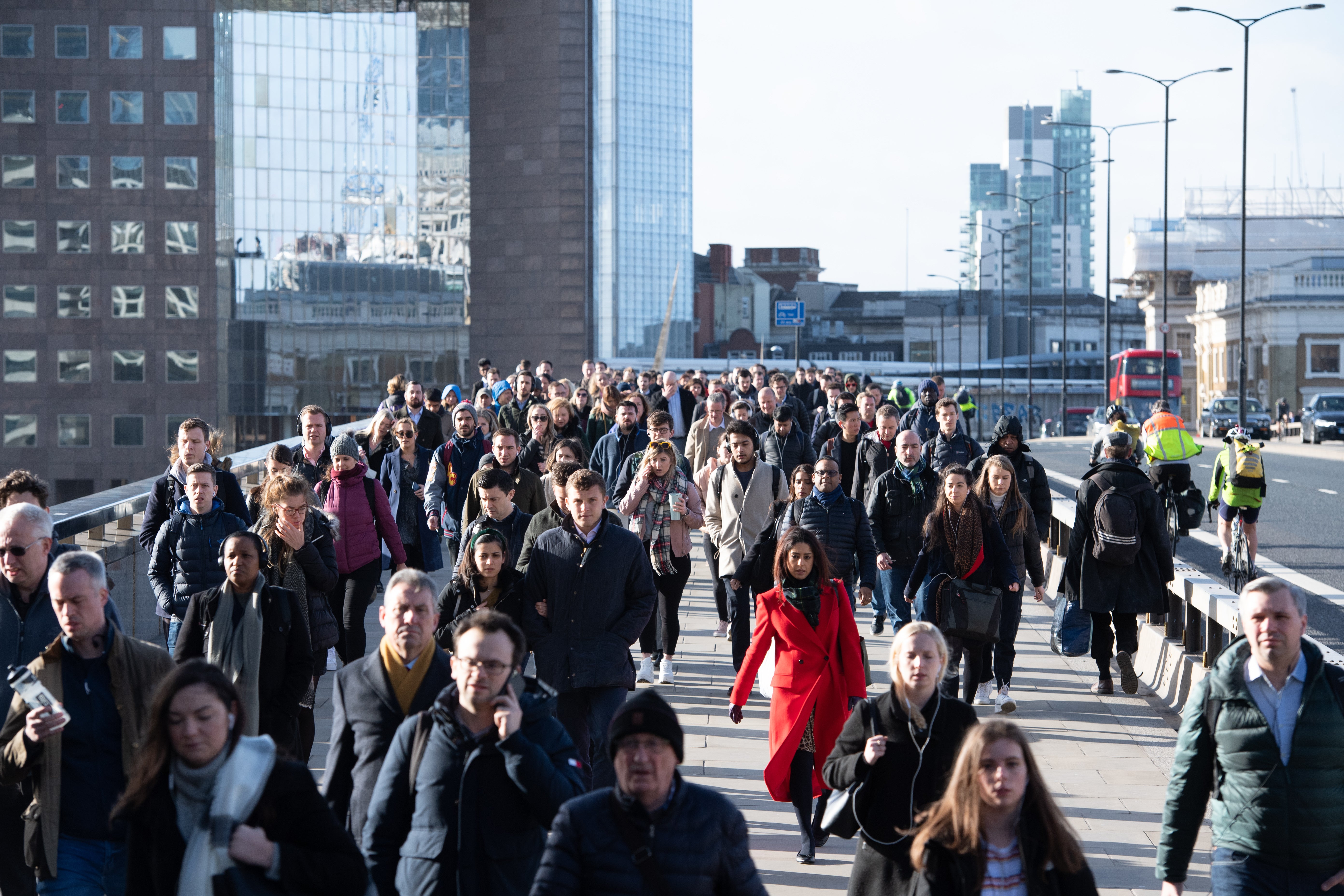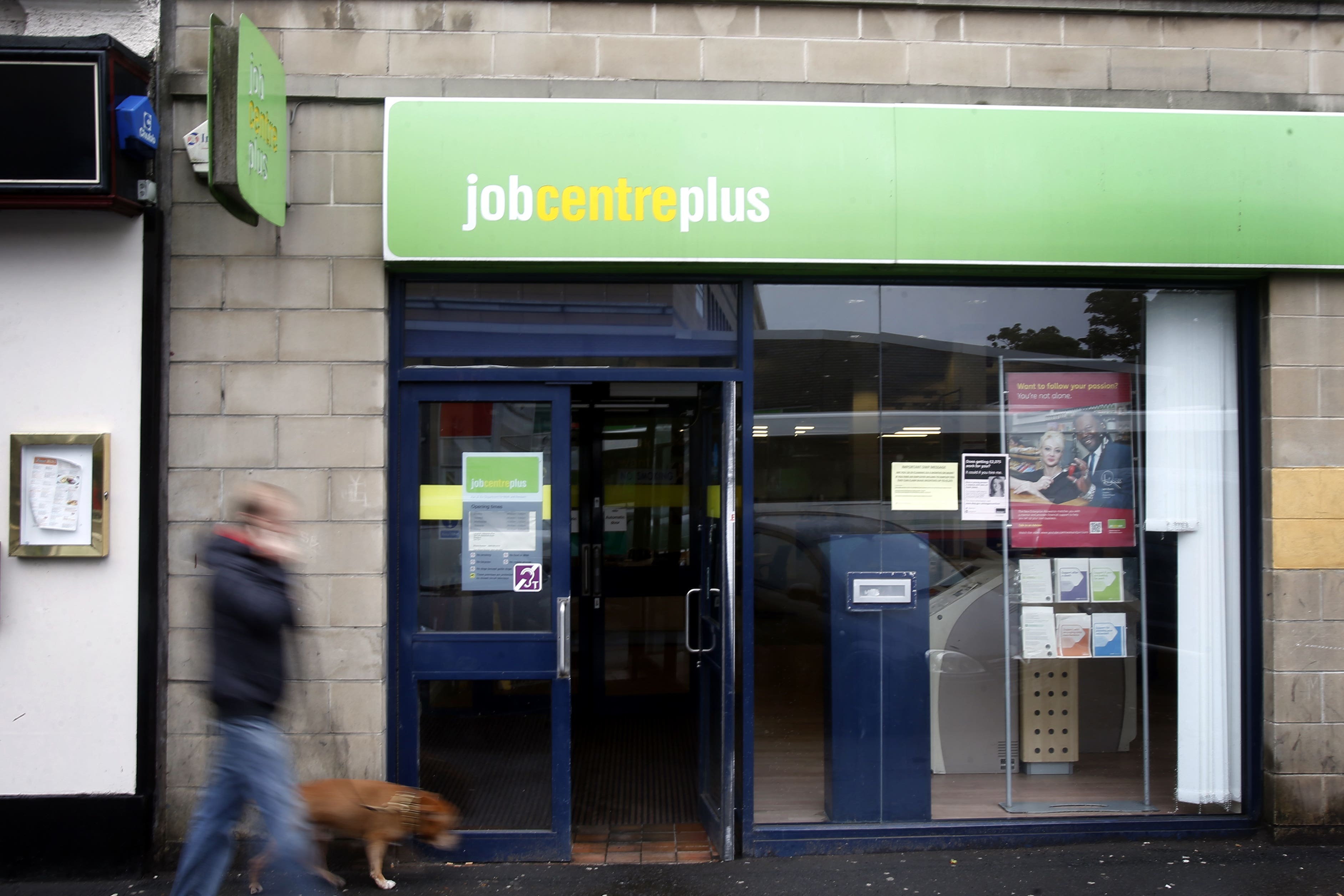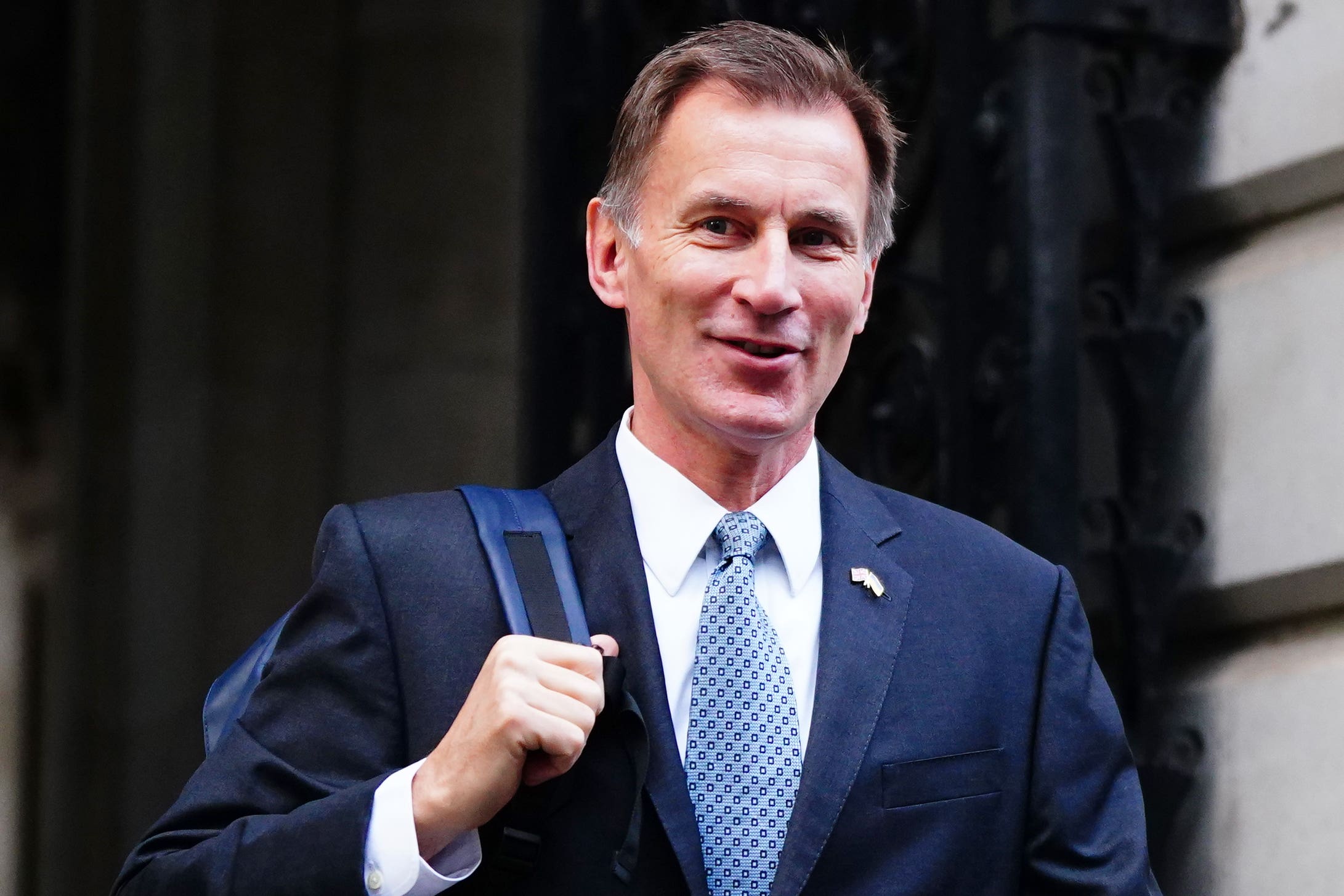Unemployment rate remains at 3.7% but job vacancies fall for eighth month in a row
Record number of people outside the job market due to long-term sickness

Unemployment in the UK has not changed despite a fall in job vacancies and a rise in redundancies, new figures have revealed.
The Office for National Statistics said Britain’s unemployment rate held at 3.7 per cent in the three months to January, remaining the same as the previous three months.
However, the data revealed a 51,000 drop in the number of job vacancies to 1.2 million, while the redundancy rate edged higher.
Figures also showed there were 220,000 days lost to strike action in January, down from 822,000 in December, with schools the hardest hit.
Real regular pay fell by 3.5 per cent with Consumer Prices Index (CPI) inflation taken into account, despite declining inflation and a 6.5 per cent increase in regular wages, excluding bonuses.
Although, this was slower than the 6.7 per cent rise in the previous three months.
Darren Morgan, director of economic statistics at the Office for National Statistics, said: “Recent trends have continued, with a slight rise in employment, especially among part-timers.
“Detailed figures from our business surveys also show record numbers of jobs in several sectors, including law and accountancy firms, health, and pubs and restaurants.
“In addition, the number of people neither working nor looking for a job fell overall, driven by a drop in young people.

“However, a record number of people were completely outside the labour market due to long-term sickness.
“Although the inflation rate has come down a little, it’s still outstripping earnings growth, meaning real pay continues to fall.”
Chancellor Jeremy Hunt said: “The jobs market remains strong, but inflation remains too high.
“To help people’s wages go further, we need to stick to our plan to halve inflation this year.
“Tomorrow at the Budget, I will set out how we will go further to bear down on inflation, reduce debt and grow the economy, including by helping more people back into work.”

Minister for employment, Guy Opperman, said: “We’ve promised to grow the economy in order to create more well-paid jobs, and we want everyone to have the same opportunity for a fulfilling work life. That’s why we’re focused on tackling inactivity, and it is encouraging to see even more people moving into jobs or taking steps to search for work.
“We are always looking at new ways to support people, including changes we’ve made to universal credit such as cutting the taper rate, increasing work allowances and bringing hundreds of thousands more claimants into closer contact with work coaches to boost their long-term prospects.
Jonathan Ashworth, Labour’s shadow work and pensions secretary, said: “The Tories’ abject failure to support people back to work means there are 234,000 fewer people in employment than before the pandemic.
“While other major economies have bounced back, Britain is languishing under the Tories – and families are paying the price.”






Join our commenting forum
Join thought-provoking conversations, follow other Independent readers and see their replies
Comments